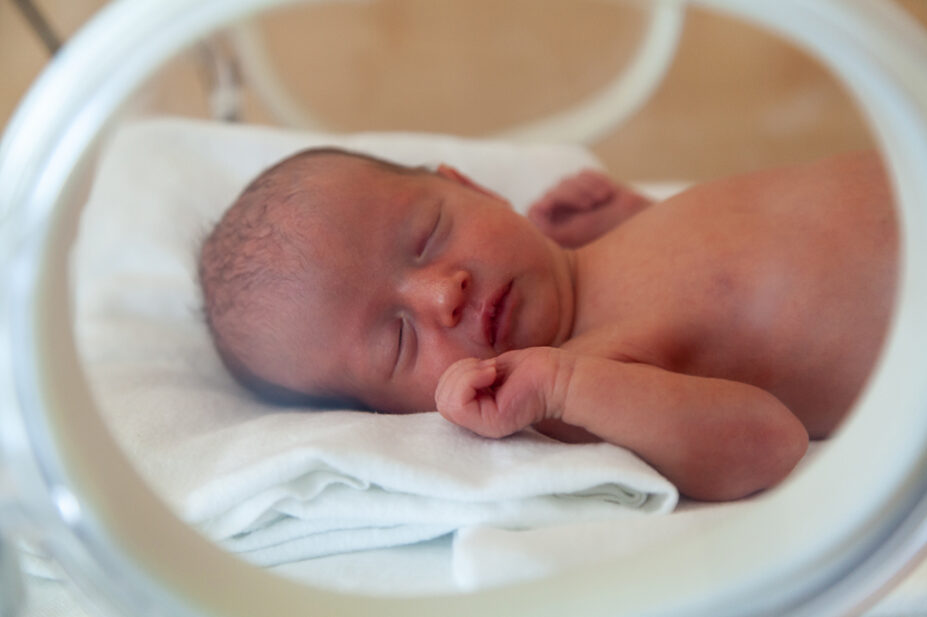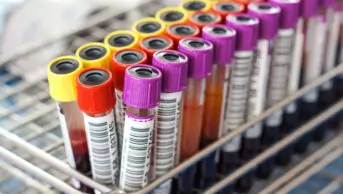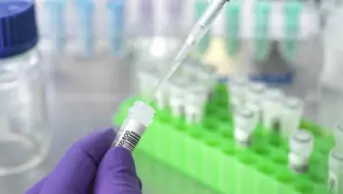
Shutterstock.com
Newborn babies who need antibiotics will be given a rapid genetic test to check whether they can be safely treated with gentamicin, under draft National Institute for Health and Care Excellence (NICE) guidance.
The ‘Genedrive’ test — which was trialled in Manchester in 2022 and will be made available throughout England and Wales — involves taking a swab from inside the baby’s cheek and running it through a gene reader. The machine produces results in around 26 minutes.
Gentamicin is one of the first-line antibiotics recommended by NICE for suspected neonatal infections; however, if a baby has the m.1555A>G genetic variant, gentamicin can damage the cilia inside the ears, resulting in hearing loss.
According to NICE, 1 in 500 babies carries the m.1555A>G variant, meaning 1,249 babies born in England and Wales each year are at risk of hearing loss from gentamicin.
The rapid test means sick babies can be treated with an appropriate antibiotic within one hour, in line with best practice. However, the NICE committee advised that the NHS should continue to collect evidence on the use of the test, its effect on treatment speed and its accuracy.
Susan Daniels, chief executive of the National Deaf Children’s Society and lay specialist member of the advisory committee that produced the report, said: “Speaking both as a deaf person and as chief executive of the National Deaf Children’s Society, it’s very encouraging that more evidence will be gathered on this important development.
“I hope this additional evidence will support the argument for the roll out of technology, which could play a pivotal role in preventing deafness in a small number of babies in the future.”
Evidence for the new test was appraised using the fast-track ‘Early Value Assessment’ process. The draft guideline is open for consultation until 21 February 2023, with the final guideline expected to be published by the end of March 2023.
Mark Chapman, interim director of medical technology at NICE, said: “Having this test available to NHS staff can avoid the risk of hearing loss in babies with the variant who need treatment with antibiotics. Hearing loss has a substantial impact on the quality of life of the baby and their family.
“Our independent committee has rapidly assessed the evidence for this simple swab test and NICE is conditionally recommending it be used within the NHS while further evidence is generated.”


